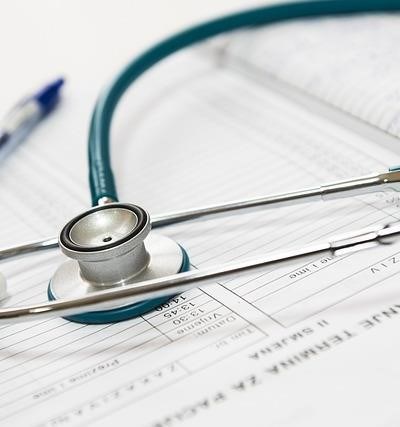
Let’s talk about a serious issue impacting the healthcare industry: the convergence of «fullz» and medical identity theft. «Fullz‚» containing complete sets of personal information‚ are a goldmine for malicious actors. When combined with the sensitive data found in health records‚ the consequences are devastating.
Understanding the Threat Landscape
A «fullz» typically includes name‚ address‚ Social Security number‚ date of birth‚ and driver’s license information. When this is coupled with protected health information (PHI) obtained through a healthcare data breach or PHI breach‚ the potential for harm escalates dramatically. We’re talking medical identity theft‚ insurance fraud‚ and significant financial losses for both patients and healthcare providers.
The Methods Used
Cybercriminals employ various techniques to acquire both fullz and PHI. Credential stuffing and phishing attacks are common methods to gain access to online accounts. Ransomware attacks targeting healthcare organizations can expose vast amounts of health records. The stolen data often ends up on the dark web‚ sold to others‚ or used in sophisticated schemes.
Data brokers‚ while not inherently malicious‚ can inadvertently contribute to the problem if their security practices are lax‚ making their data vulnerable to breaches.
The Impact of Fullz on Healthcare
- Financial losses: Insurance fraud stemming from stolen identities can cost millions.
- Reputational damage: Healthcare providers face severe reputational damage following a data breach.
- Legal repercussions: HIPAA violations can lead to significant fines and legal action.
- Patient harm: Medical identity theft can lead to delayed or incorrect medical treatment.
Mitigating the Risk
Strong patient data security and robust online healthcare security are paramount. This includes implementing stringent cybersecurity measures‚ employee training on phishing awareness‚ and regular security audits. Healthcare compliance with regulations like HIPAA is crucial.
Investing in advanced security technologies to detect and prevent ransomware attacks‚ and regularly monitoring for fullz leaks on the dark web are vital steps;
Remember‚ protecting patient privacy is not just a compliance issue; it’s an ethical imperative. Let’s work together to strengthen the security of our healthcare systems.
